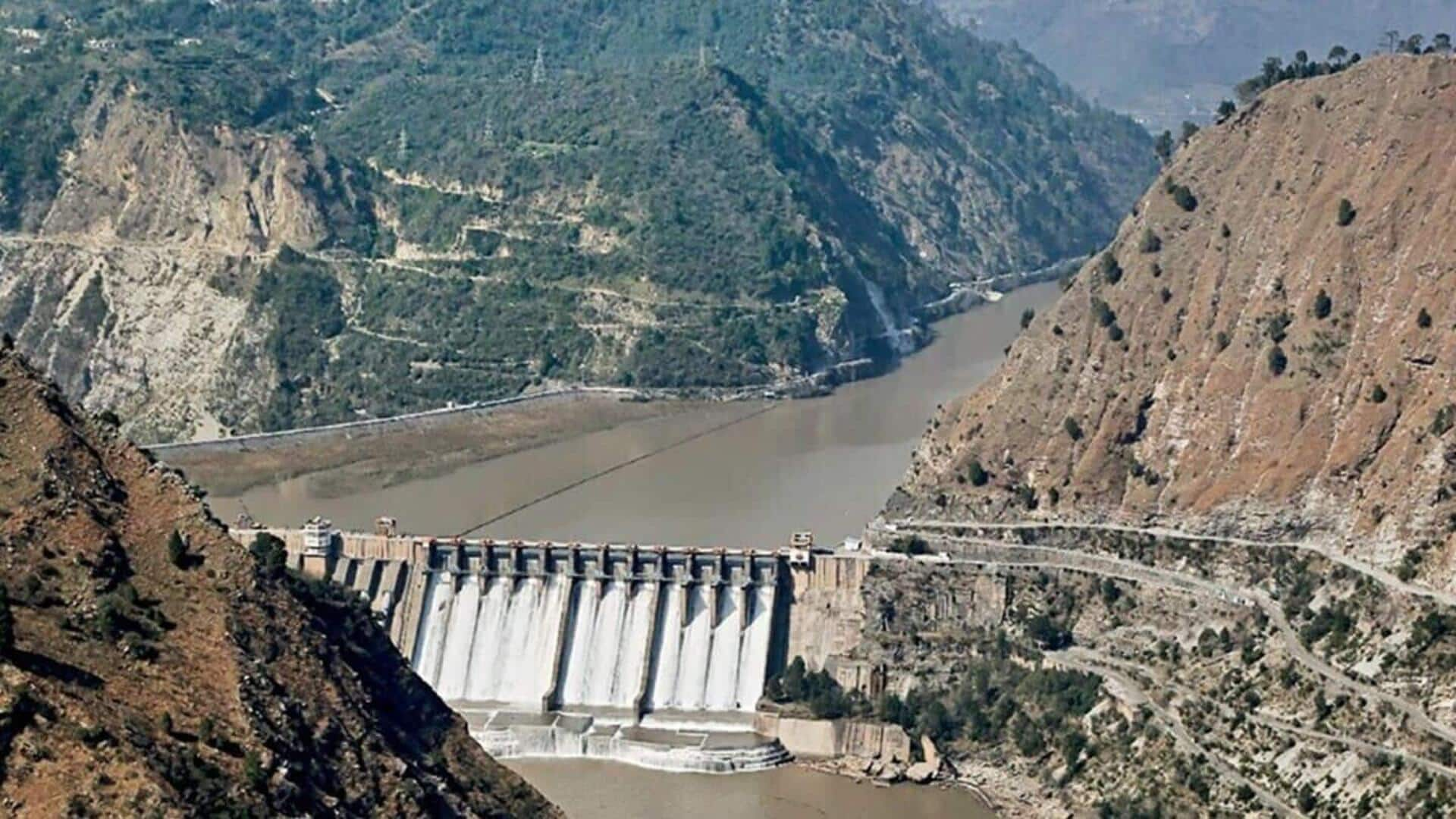
Pakistan writes to India, 'pleading' to reconsider Indus Treaty suspension
What's the story
Pakistan has reportedly written to India, asking its neighbor to reverse its decision to halt the Indus Waters Treaty. According to TOI, Syed Ali Murtaza, secretary of Pakistan's water resources ministry, sent the "appeal" letter to his Indian counterpart, Debashree Mukherjee. The letter is believed to have been delivered during 'Operation Sindoor.' In the letter, Pakistan described India's decision to suspend the treaty as "unilateral and illegal," adding that it was "equivalent to an attack on Pakistan's people and economy."
Letter deets
Treaty was negotiated in spirit of goodwill
According to TOI sources, the treaty allows for reconsideration based on changing circumstances, and the threshold has been met owing to Pakistan's use of terrorism to harm India. "The treaty was negotiated in a spirit of goodwill and good neighborliness. That is why we persisted with it despite the fact that it was flawed and loaded against India. However, Pakistan's refusal to rein in the terrorists has knocked the very premise underpinning the treaty," they said.
Treaty suspension
India halts treaty over national security concerns
Furthermore, ground realities and climate change call for a fresh look at the design of the dams and other existing infrastructure, which also fulfills the criteria of the "change of circumstances" under the treaty, the highly placed sources added. India suspended the Indus Waters Treaty on the grounds of national security and has kept it in abeyance until Pakistan "credibly and irrevocably" ceases its support for terror. "Water and blood cannot flow together," PM Narendra Modi had declared then.
Crisis warning
System supports 237 million people
India has said that the suspension has far-reaching consequences for Pakistan, a country heavily dependent on the Indus river system for 80% of its 16 million hectares of agricultural land and 93% of its total water use. Additionally, the system supports 237 million people and contributes one-fourth of Pakistan's GDP through crops like wheat, rice, and cotton. Under the Indus Waters Treaty, three western rivers—the Indus, Jhelum, and Chenab—belong to Pakistan. Eastern rivers—Sutlej, Beas and Ravi— stay with India.
Treaty details
Treaty has long impeded infrastructure development: India
But the suspension of the pact gives India full control over western rivers such as the Jhelum and the Chenab, allowing for the construction of additional reservoirs in Jammu and Kashmir, Ladakh, Punjab, and Haryana. This boosted irrigation and hydroelectric power generation, turning a diplomatic tool into a developmental advantage. According to the Indian government, the Indus Waters Treaty has long impeded infrastructure development in Jammu and Kashmir by limiting projects to run-of-river designs.